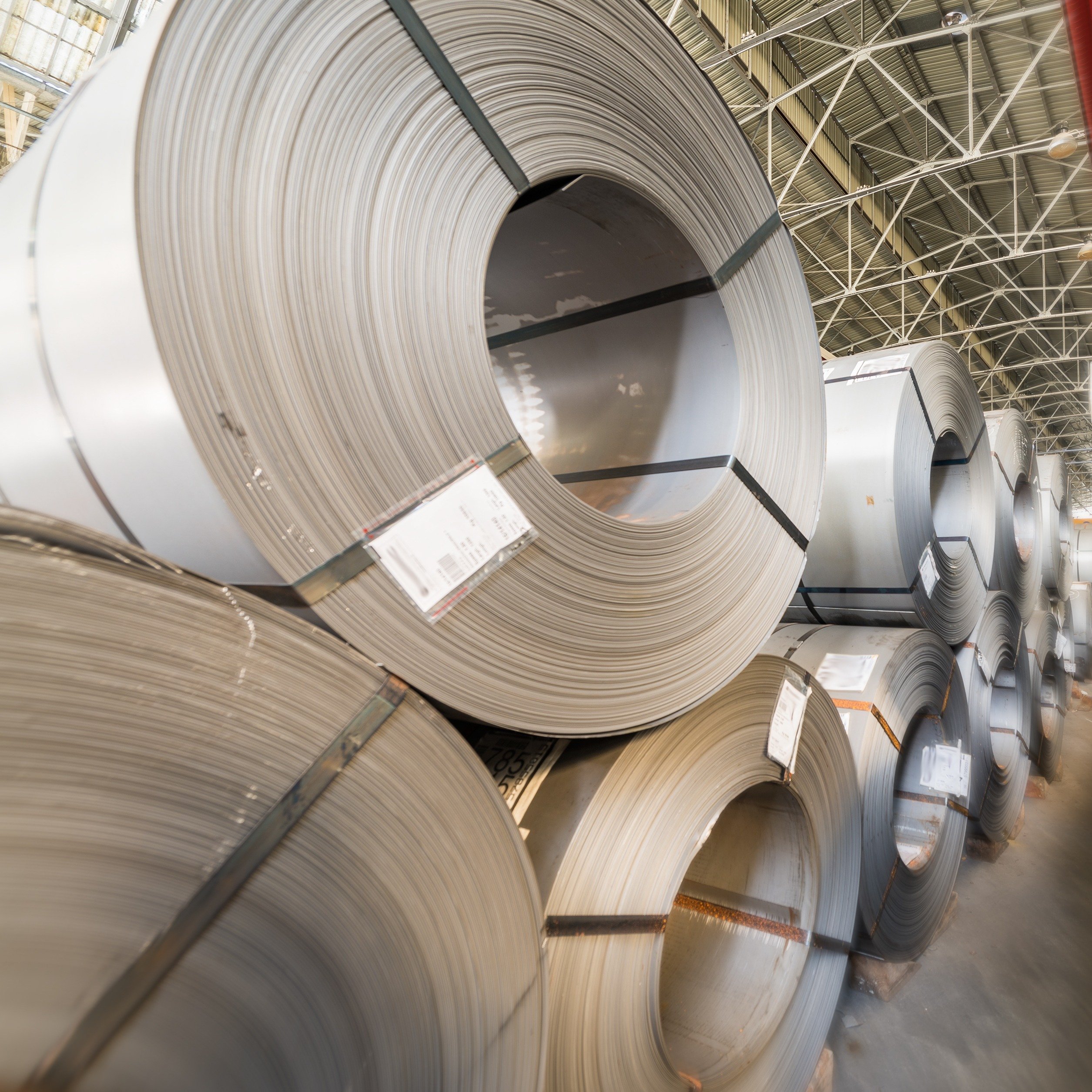After a few months of discussions between the integrated steel producers, independent re-rollers and the governmental agencies, Egypt finally enforced a ban on billet trading into the country.
In an order signed by the government on March 3, and effective from March 4, traders are no longer allowed to import billets into Egypt. This means, only independent re-rollers or companies with rolling mills can directly import billets.
The issue started in mid-2017, when Egyptian authorities placed temporary import tariffs on the import of rebar steel from China, Turkey and Ukraine on June 6, 2017. On December 6, the tariffs were extended for five years. While this helped control rebar imports into the country, billet imports continued unabated. This is because domestic independent re-rollers continued importing billets to roll into rebars.
This had an impact on the pricing of rebars by the integrated steel makers in the country. As a result, these companies requested an increase in rebar duties and an introduction of duties on billet. However, this was met with resistance by the re-rollers in the countries as this would have raised their costs. As a result, this ruling to allow re-rollers to import billets seems to be a win-win situation for both the parties.
CRU is investigating what impact this will have on billet imports. Re-rollers will still be able to do so on their own and all indications as of now is that manufactures will import by themselves or through agents with end-use certificates. However, importing directly will require them spending lot of management and financial bandwidth on an activity which is not their core area of expertise, so it remains to be seen how successful that will be.
Further trade-related news and exclusive analysis can be found in CRU’s Global Steel Trade Service. For more details complete the form via the button below.

















